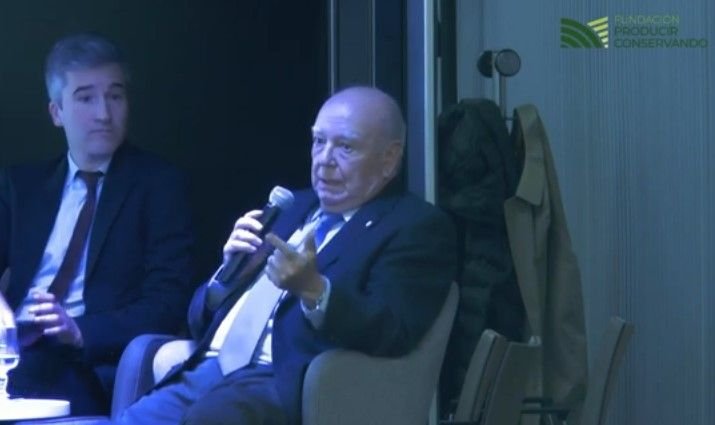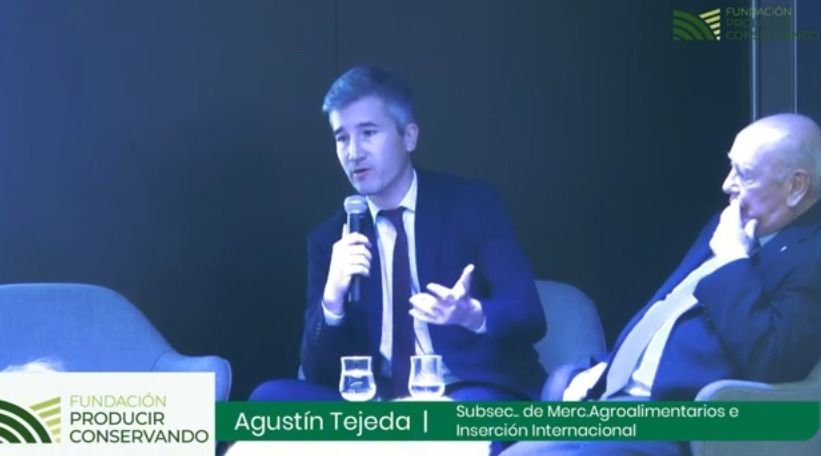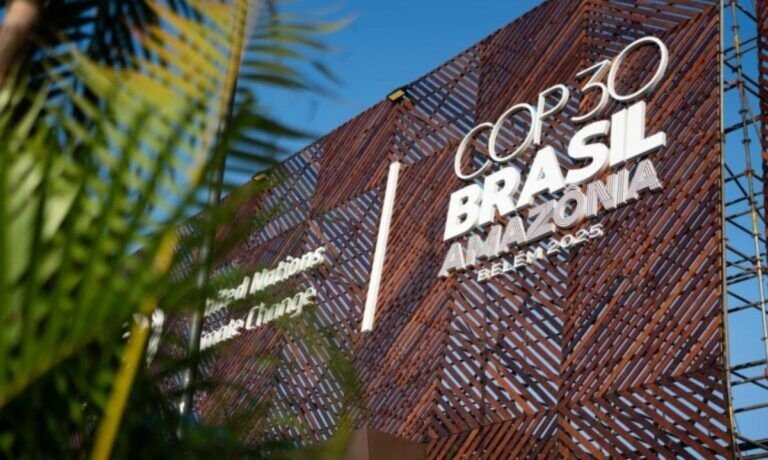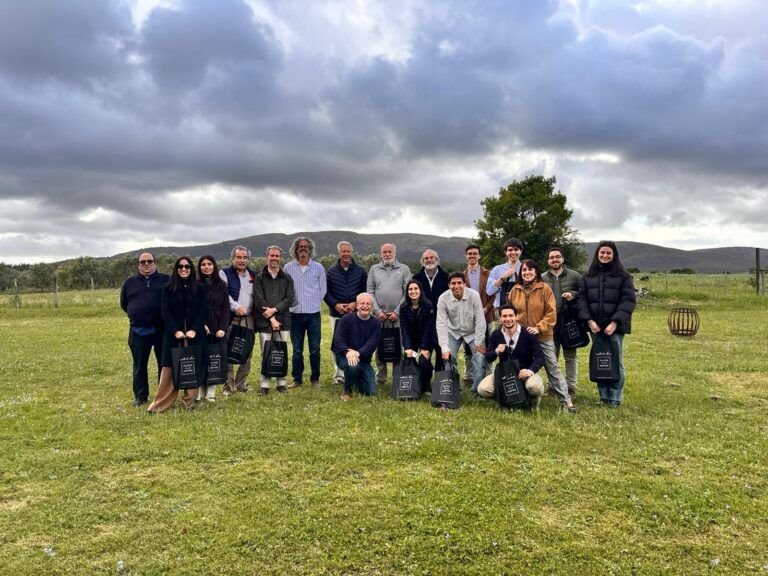Within the framework of the Producir Conservando Foundation's annual seminar, the Q&A panel featuring Marcelo Regúnaga, general coordinator of the Southern Group of Producer Countries (GPS), and Agustín Tejeda Rodríguez, Undersecretary of Agrifood Markets, became a space for diagnosis, proposals, and debate on the challenges and opportunities facing Argentine agriculture in the global context.
Tejeda Rodríguez offered a comprehensive overview of the official strategy to strengthen the sector's international integration, focusing on five key pillars: macroeconomic stabilization, trade deregulation, reduction of distorting taxes, promotion of innovation, and opening of new markets. "International trade is one of the government's strategic pillars," he emphasized, highlighting Argentina's shift toward trade liberalization in a world trending toward protectionism.

Among recent achievements, he mentioned advances in sanitary openings and commercial negotiations with Asia and the Middle East, the strengthening of agricultural aggregates —like the new one in Vietnam—, and joint work with the private sector to define export priorities. It also undermines the importance of adapting to international regulations, such as the European Union's deforestation regulation, questioning Argentina's classification as a “medium risk country” and anticipating diplomatic efforts to reverse this classification.
For his part, Marcelo Regúnaga is urging to strengthen the role of the private sector in the construction of a long-term strategy, taking as a reference successful models such as the American "checkoff" and Brazilian sectoral institutions. “We have to seriously discuss our private sector agenda for the future”, he warned, remarking the need for financing, budget surrender and strategic vision. The panel's opening left a shared certainty: agroindustrial Argentina has enormous potential, but it needs more coordination, long-term planning and real commitment from all actors to make the most of it. As Regúnaga concluded, “there are many things we can solve, but we are still doing nothing”.
Mirá el panel de intercambio y preguntas durante el Seminario.



